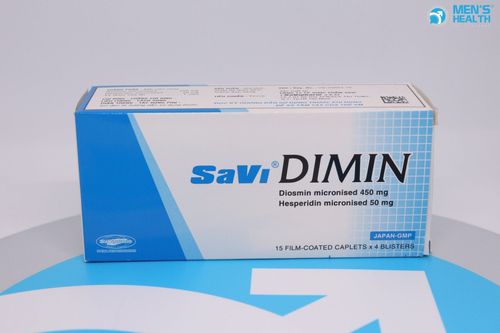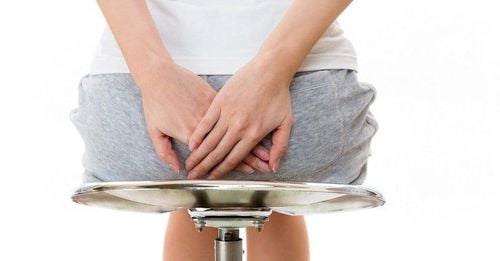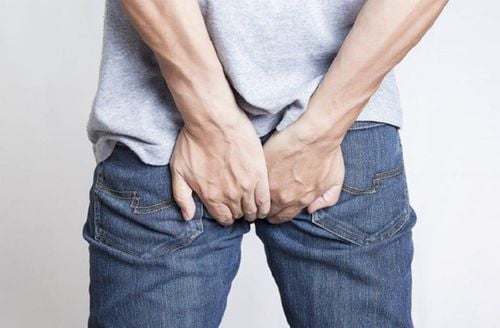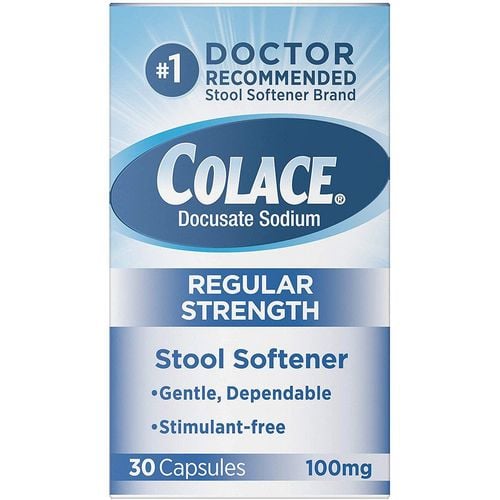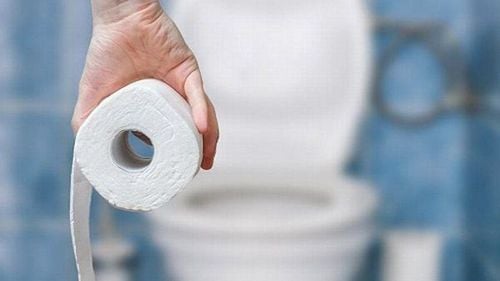This is an automatically translated article.
The article is professionally consulted by Master, Doctor Nguyen Ngoc Khanh - Head of Department of Gastroenterology - Urology - Vinmec Times City International General Hospital.When it comes to hemorrhoids, many people are afraid. But this is a common disease in both men and women, causing many inconveniences in life and activities. Not only that, hemorrhoids can cause dangerous complications if not treated properly.
1. What is hemorrhoids?
Hemorrhoids can affect both young and old, in both men and women.Normal hemorrhoids are vascular cushions located in the anal canal, under the mucosa. This vascular pad is a normal structure of the anal canal surface, composed of venous sinuses, arteries, arteriovenous anastomosis, fibroblasts, collagen fibers, nerve fibers... The mattress has a role in preventing fecal leakage (when coughing, straining, the mattress inflates, closing the anal canal) and the formation of subjective sensations (feeling of hard or soft, fluid or gas... ). When these cushions swell and become inflamed, they become pathological hemorrhoids. Hemorrhoids are classified into internal and external hemorrhoids:
Internal hemorrhoids are located under the mucosa, in the anal canal above the dentate line, also known as the anorectal line. External hemorrhoids are located under the skin around the anal opening. When the ligaments of the anal region degenerate and loosen, the internal and external hemorrhoids merge together to form mixed hemorrhoids. These mixed hemorrhoids gradually enlarge and join together to form a ring of hemorrhoids called ring hemorrhoids. Internal hemorrhoids are divided into 4 degrees:
Grade I: Hemorrhoids are enlarged and congested, may bleed during defecation but do not prolapse outside the anus.
Grade II: Hemorrhoids prolapse into the anus when pushing but can retract on their own.
Grade III: Hemorrhoids prolapse outside the anus when defecating, when squatting, when doing heavy work. It takes a long time for the hemorrhoid to recede or you have to use your hand to push the hemorrhoid back into the anus.
IV: Hemorrhoids are almost always outside the anus, cannot be completely pushed back into the anal canal or if they can be inserted, they will also fall out immediately, sometimes stuck with pain.
1.1 Causes of hemorrhoids
The exact cause of hemorrhoids is not known, but it is possible to identify a number of favorable factors that cause the disease to ariseLong standing posture, sitting a lot, walking less. Genetic. Chronic constipation.
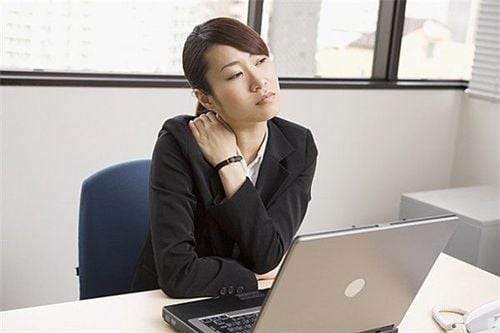
1.2 Risk factors leading to hemorrhoids
Identified risk factors for hemorrhoids include:Low fiber diet. Poor digestive tract, or constipation or diarrhea, besides straining every time you go to the toilet, it also increases pressure on the squid, causing stretch, blood stasis and the formation of hemorrhoids. Overweight, obesity. People who often do heavy labor such as weightlifters, porters, tennis players... or stand for a long time, sit a lot, sedentary like tailors, secretaries, salespeople... all increase pressure. abdominal cavity, obstructing the return of blood to the heart and dilating the anal veins. Tumors of the pelvis include uterine tumours, colorectal tumors, and many months of pregnancy, which impede blood flow to the heart and cause anal varicose veins.
2. Symptoms of hemorrhoids
2.1 Signs and symptoms of hemorrhoids
Hemorrhoids often show symptoms
Bleeding during defecation
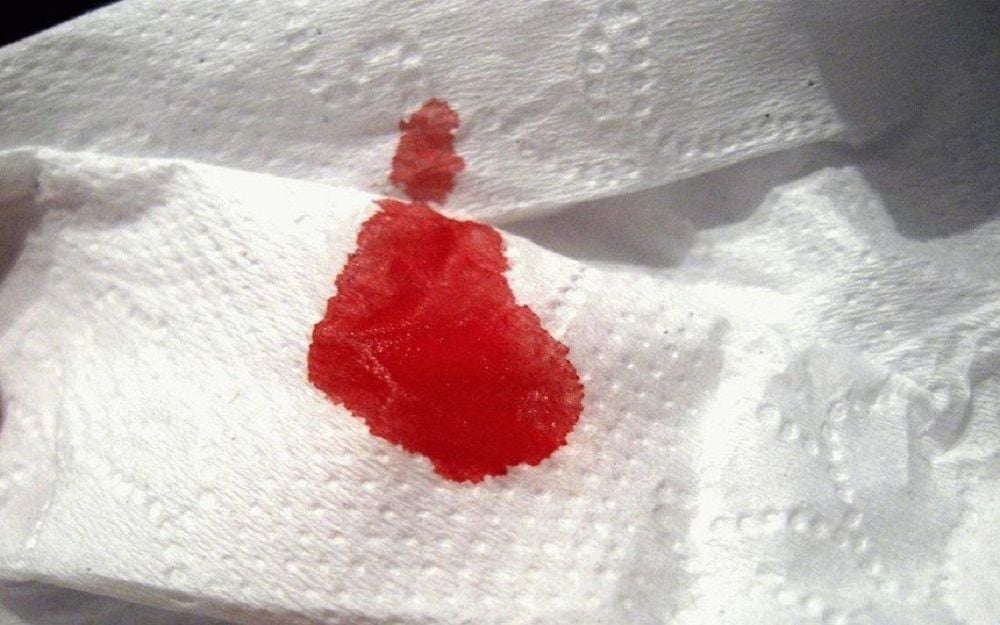
Pain, discomfort in the anus Depending on the condition of the disease, hemorrhoids may not cause pain, pain is little to very painful when going to the toilet or even normal, when there is a lot of pain, you need to learn carefully to detect the disease. Accompanying causes: Anal fissure, para-anal abscess, anal fistula. Severe pain is common in cases of external hemorrhoids with embolism, anal fissures
There are also other symptoms:
Protrusion mass after defecation Feeling itchy and irritated in the anal area due to protruding prolapsed hemorrhoids causing irritation mucosal reactions.
2.2 Complications of hemorrhoids
Hemorrhoids do not cause too many dangerous and common complications, but if you are subjective, it can still happenAnemia

Prolapsed hemorrhoids Prolapsed and blocked hemorrhoids are not treated soon will cause complications of thrombosis and necrosis
Inflammation and ulcers in the anal area and around The prolapsed hemorrhoids regularly will cause discharge and inflammation at the anal area, then spread to cause infection in the stratum genitals cause itching, burning.
If there is a need for consultation and examination at the Hospitals of the National Health System, please book an appointment on the website to be served.
Please dial HOTLINE for more information or register for an appointment HERE. Download MyVinmec app to make appointments faster and to manage your bookings easily.





